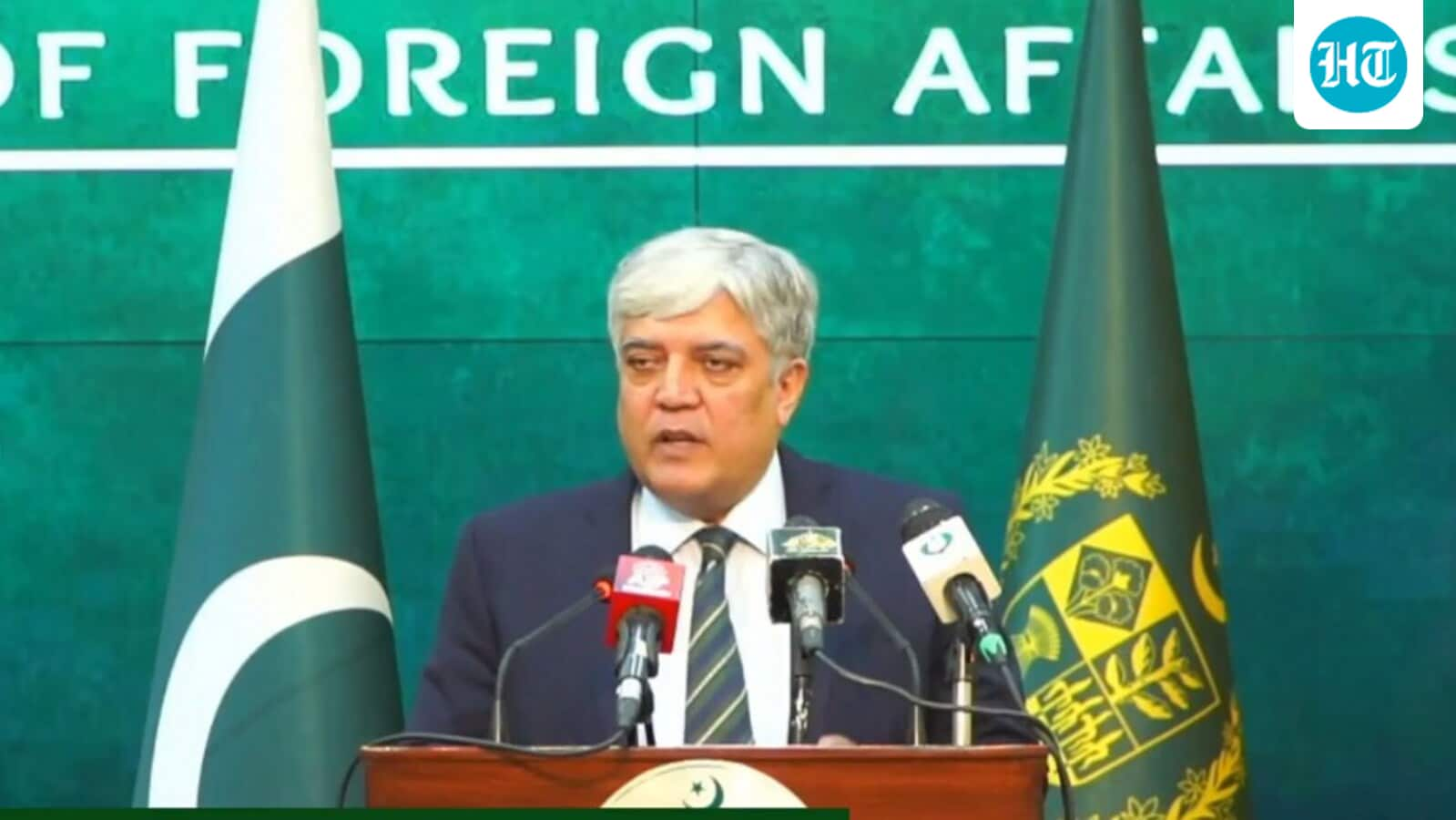Pakistan on Friday said it was committed to peace, regional stability and meaningful dialogue for resolving all the outstanding issues, including the conflict over Kashmir.
The debate over Kashmir has been a longstanding issue between India and Pakistan. New Delhi has firmly affirmed several times that Jammu and Kashmir is, and will always remain, an integral part of India.
Pakistan foreign office spokesperson Shafqat Ali Khan said during a weekly media briefing, “Pakistan, as a responsible country, remains committed to peace, regional stability and a meaningful dialogue for the resolution of all outstanding issues, including the dispute of Jammu and Kashmir.”
Khan claimed that the Indian narrative of an alleged nuclear threat by Islamabad is “misleading”, news agency PTI reported.
Additionally, he also said that Pakistan is a proud custodian of many religious sites of the Sikh, adding that it welcomes thousands of Sikh pilgrims from across the globe every year. “As always, we are ready to welcome the pilgrims from the Indian side,” he added.
Last month, Pakistan Prime Minister Shehbaz Sharif said that Kashmir is the main source of tension with India, criticising New Delhi’s move to revoke the special status of Jammu and Kashmir.
The Indian government abrogated Article 370 in August 2019 and bifurcated the state of Jammu and Kashmir into two Union territories, Jammu and Kashmir, and Ladakh.
Pakistan observes August 5 as Youm-i-Istehsal to register its protest against India’s decision.
Shehbaz said the Kashmir issue was the main source of tension between the two countries, adding that “the will and aspirations of the Kashmir people, in accordance with UN Security Council resolutions, are the only path forward”.
Tensions between India and Pakistan escalated after the April 22 Pahalgam attack in Jammu and Kashmir that left 26 people dead. India took several punitive measures against Pakistan, including the suspension of the Indus Waters Treaty.
Two weeks later, on May 7, the Indian armed forces carried out targeted strikes on nine terrorist infrastructure under Operation Sindoor. Over 100 terrorists and several key terror infrastructure belonging to groups such as the Jaish-e-Mohammed and Lashkar-e-Taiba were destroyed in the offensive.
Though Pakistan tried to launch a retaliatory military operation, India thwarted most of its attempted attacks. After four days of intense fighting, India and Pakistan reached a ceasefire understanding on May 10. Since then, the understanding has mostly remained intact.


